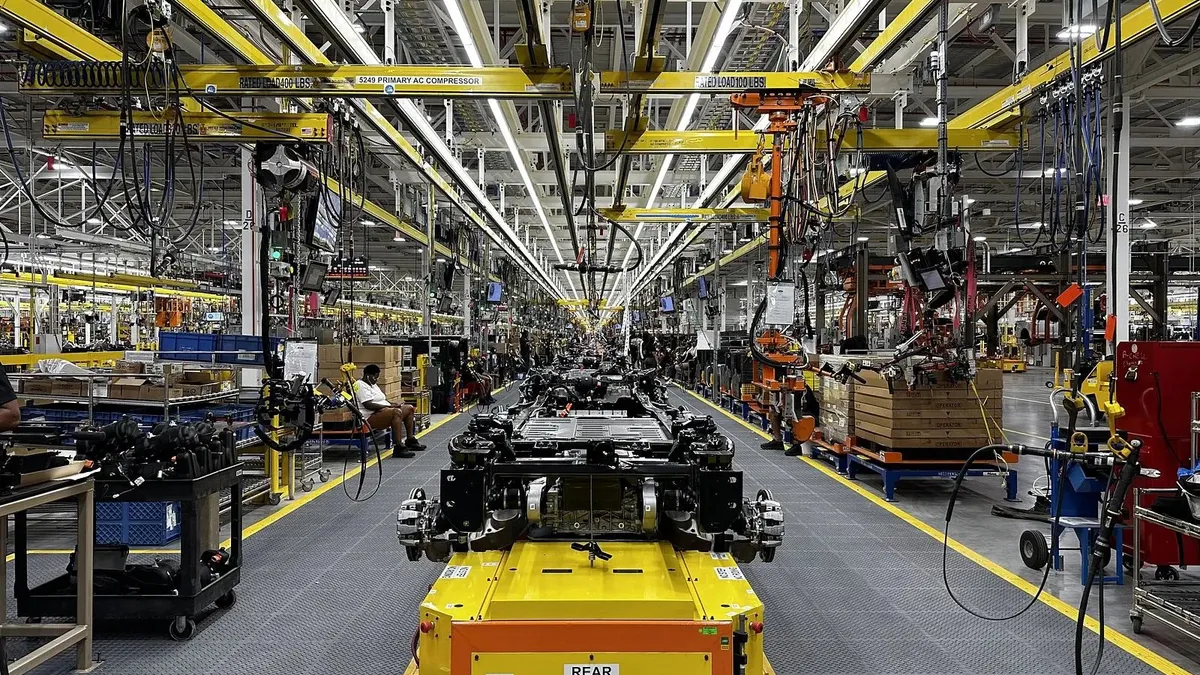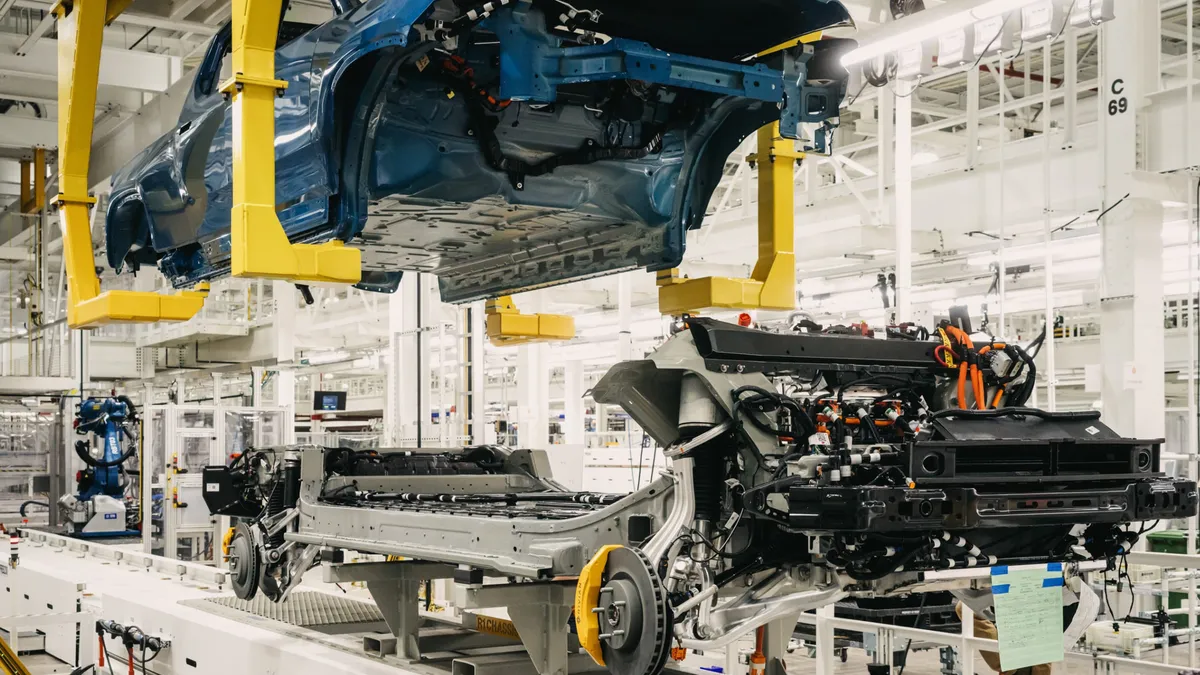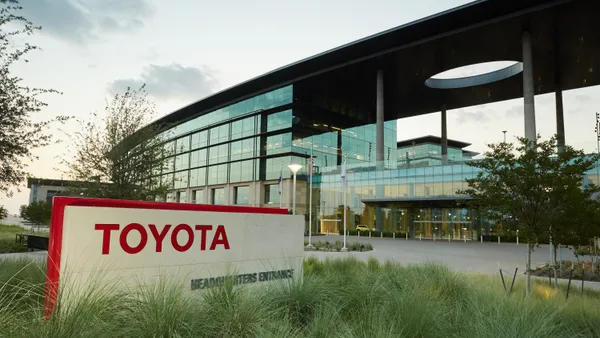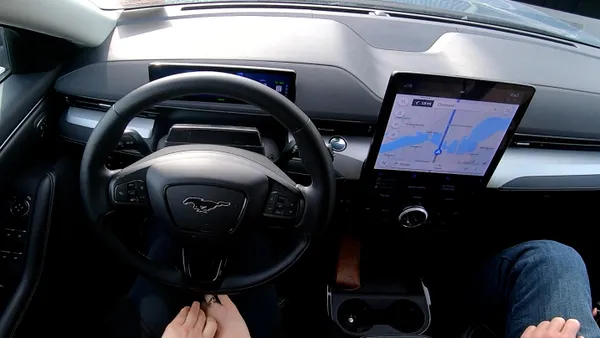HR leaders should work together with policymakers to fight both conscious and unconscious age bias, the American Staffing Association’s CEO said in a March 14 statement.
Discussing recent survey findings, Richard Wahlquist said legal enforcement alone is not enough to stem “persistent and growing ageism” in the workplace. The vast majority of respondents aged 60-78 said their age would be a contributing factor when being considered for a new position — and most said it would pose a disadvantage. Respondents in other age groups reported much lower levels of age bias fears.
“It’s time for a paradigm shift in how the U.S. labor market views older workers,” said Wahlquist. “Mature workers have the knowledge as well as the workplace skills accumulated over a lifetime that America needs today and will need even more in the future."
Wahlquist’s call to action echoed that of other stakeholders. Policymakers have a role to play in addressing age discrimination at work, but so do employers, panelists said during an October Center for Workforce Inclusion event.
HR professionals may be particularly well-positioned to drive change in recruiting and hiring. Employers that dismiss older applicants are not only unnecessarily limiting their talent pools but also missing out on the skills and experience older workers often bring, talent experts said last year, analyzing separate survey results. But while employers often voice those values at a high level, hiring managers aren’t necessarily on board, the October results from Organisation for Economic Co-operation and Development indicated.
That gap may present an opportunity for HR professionals to reevaluate their recruiting efforts, set hiring process standards and conduct training for hiring managers, experts have suggested.













